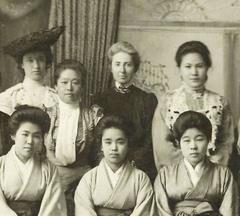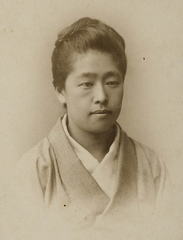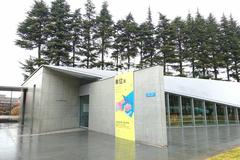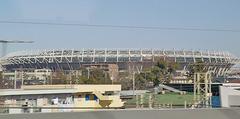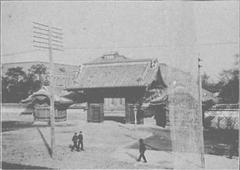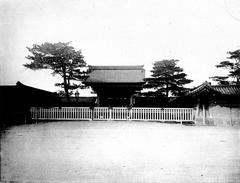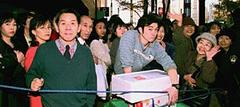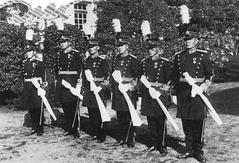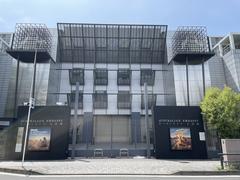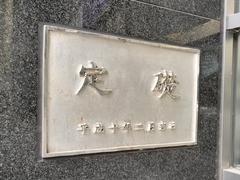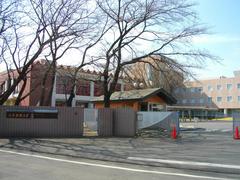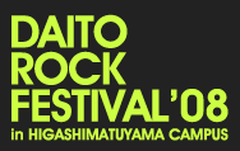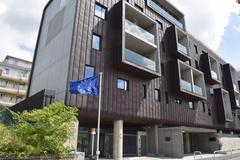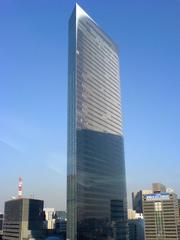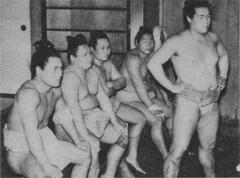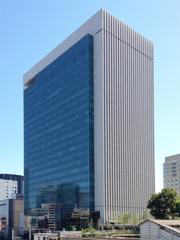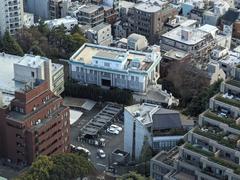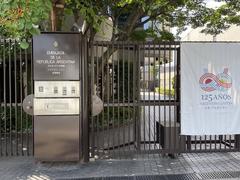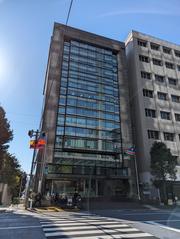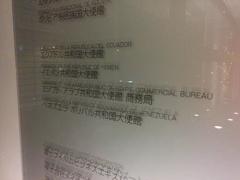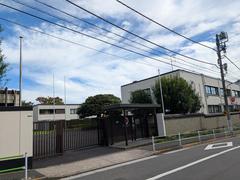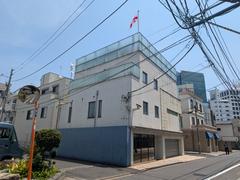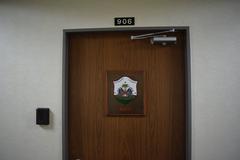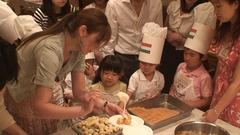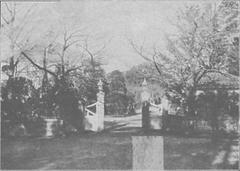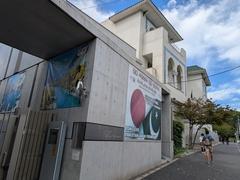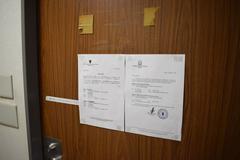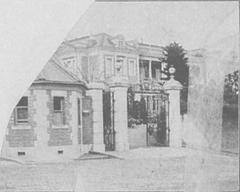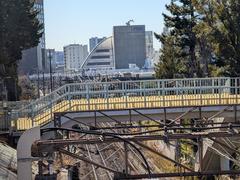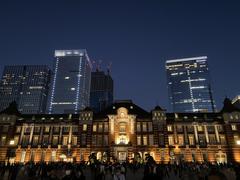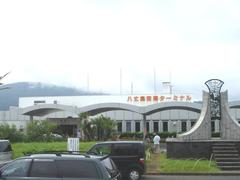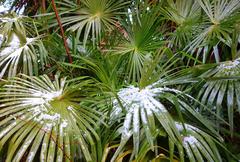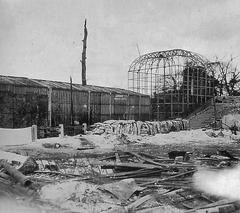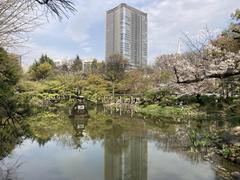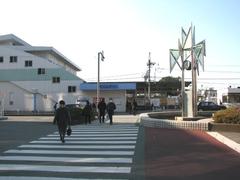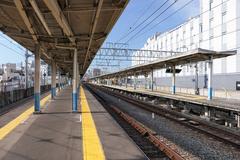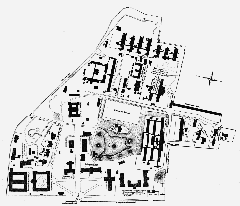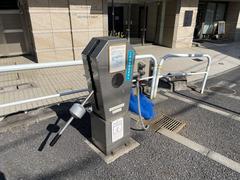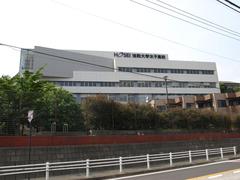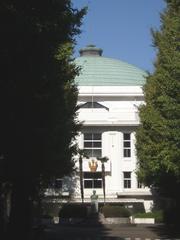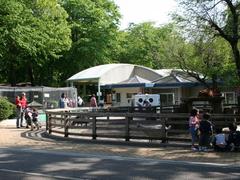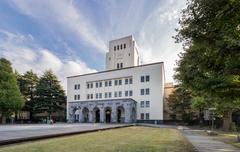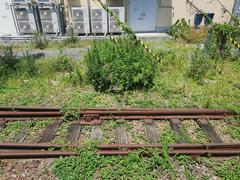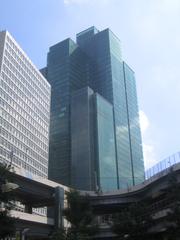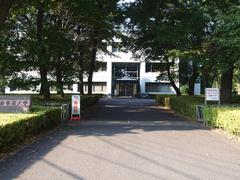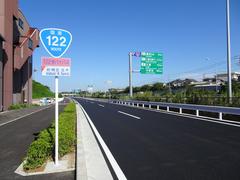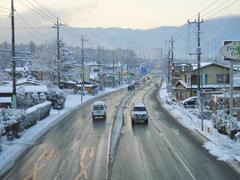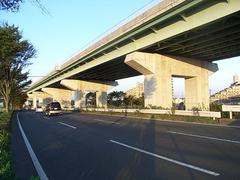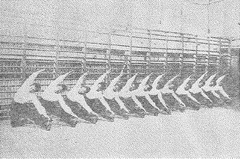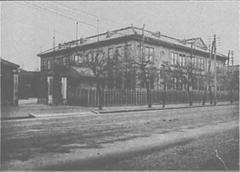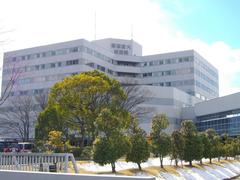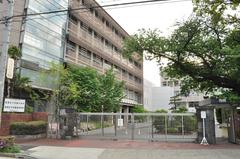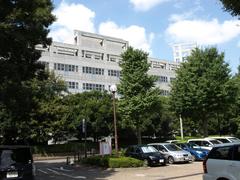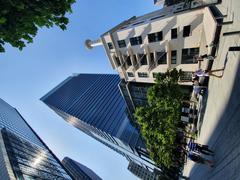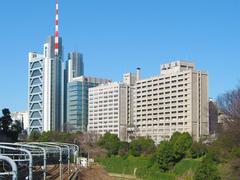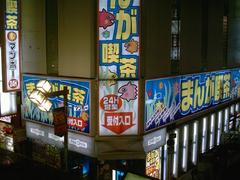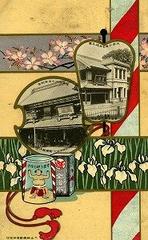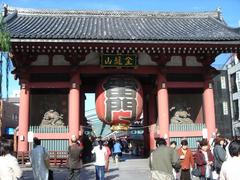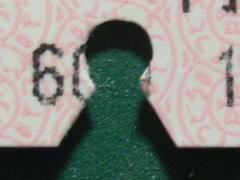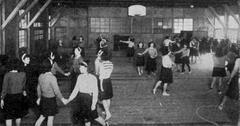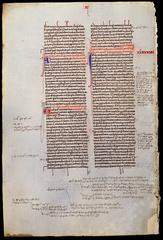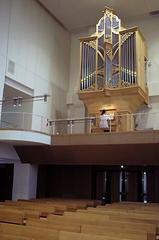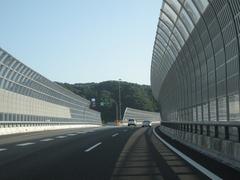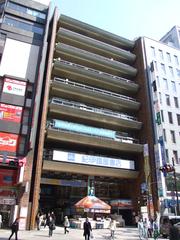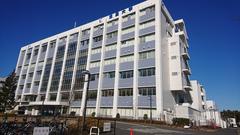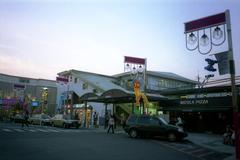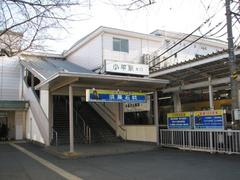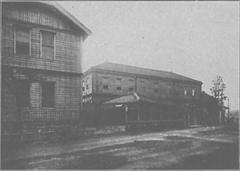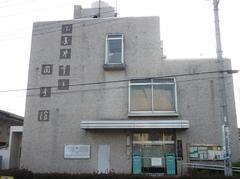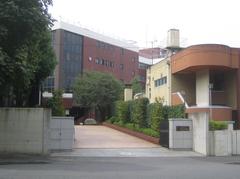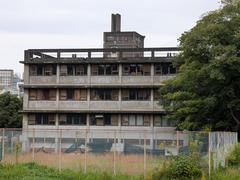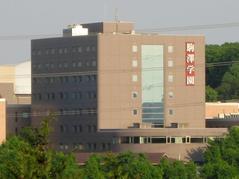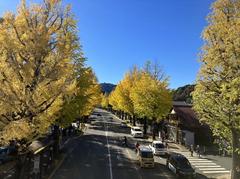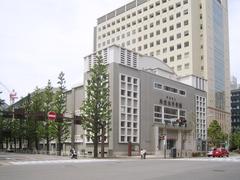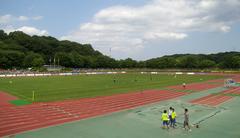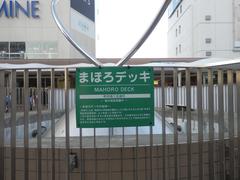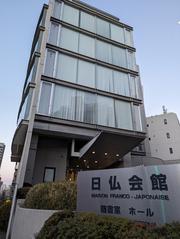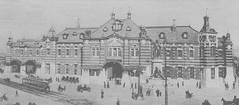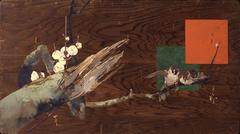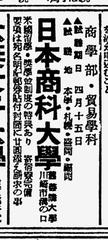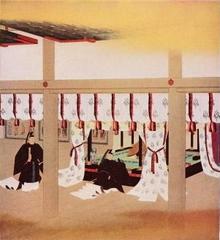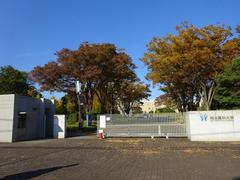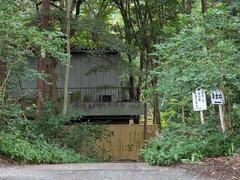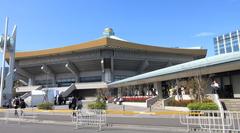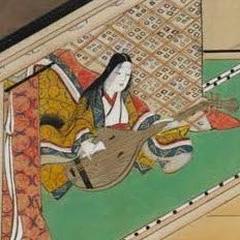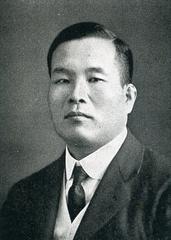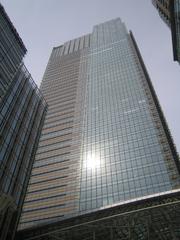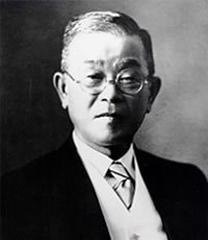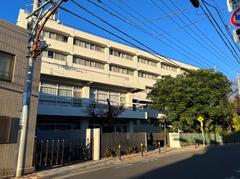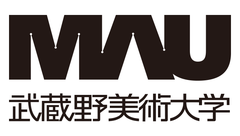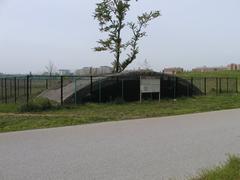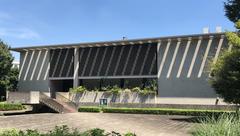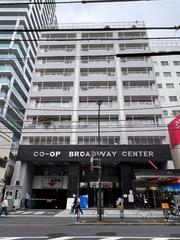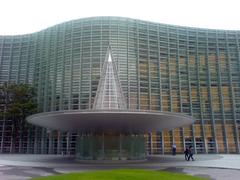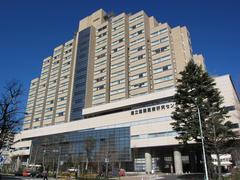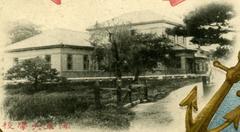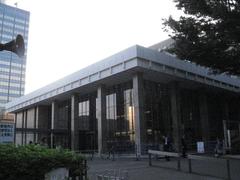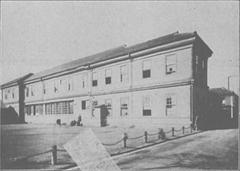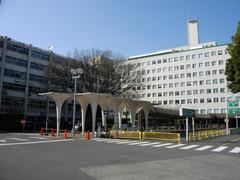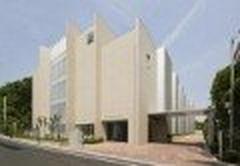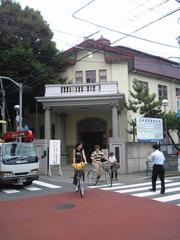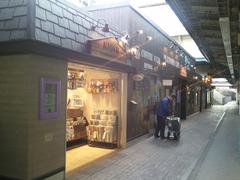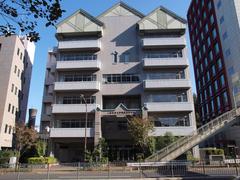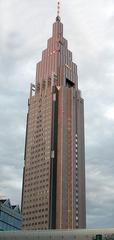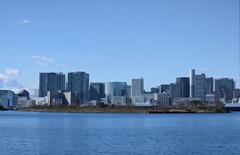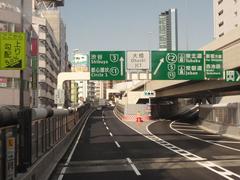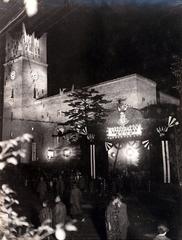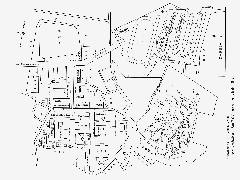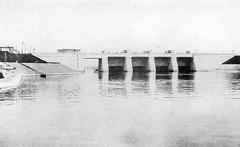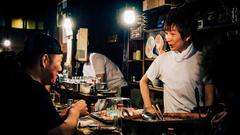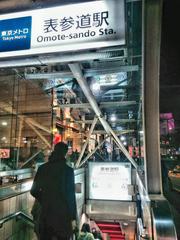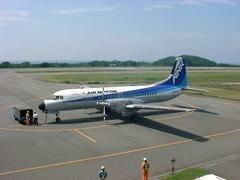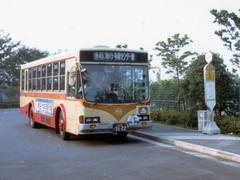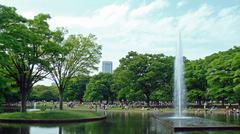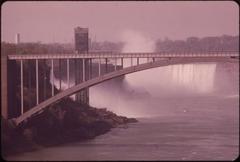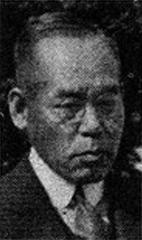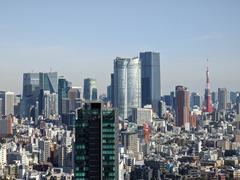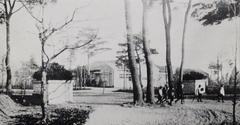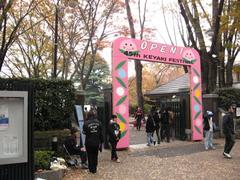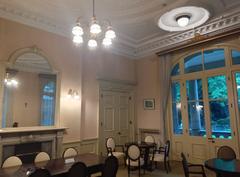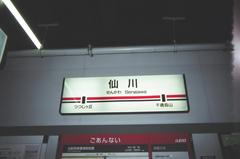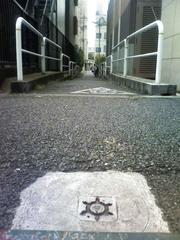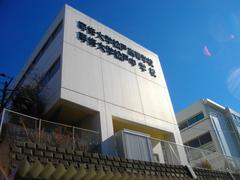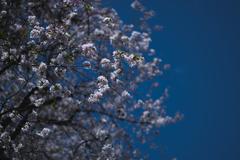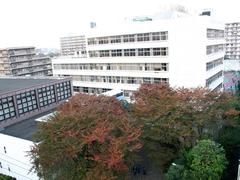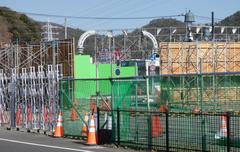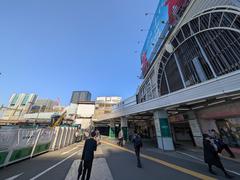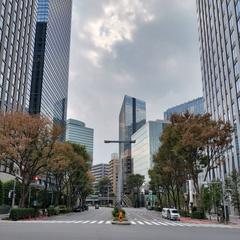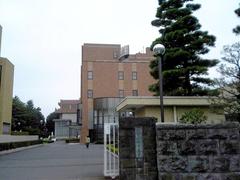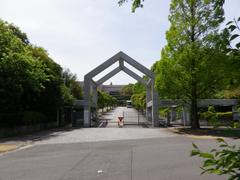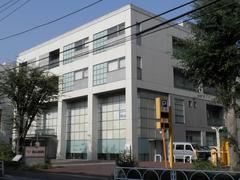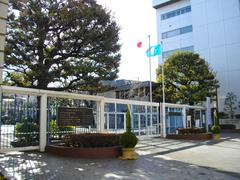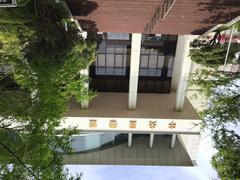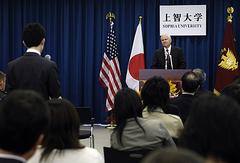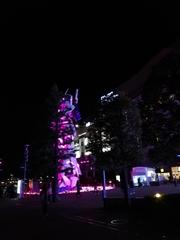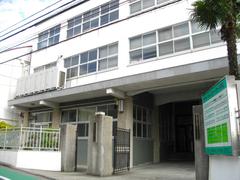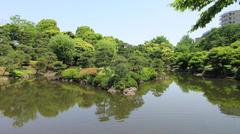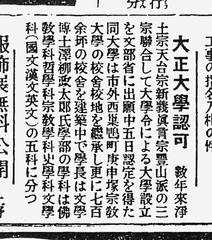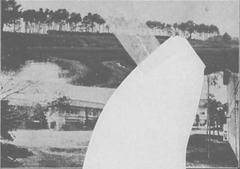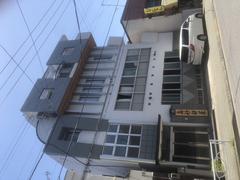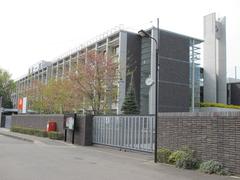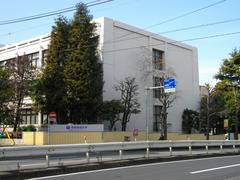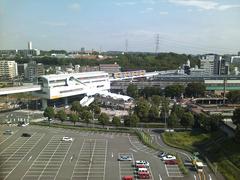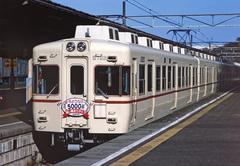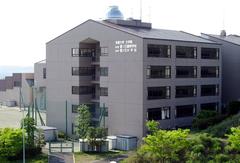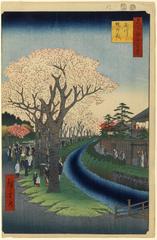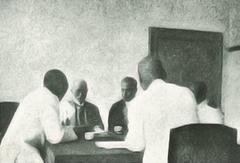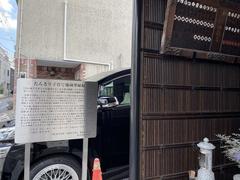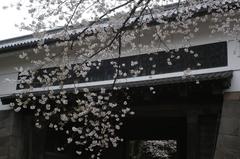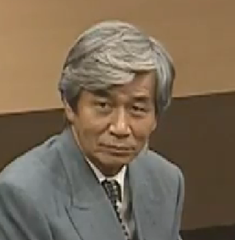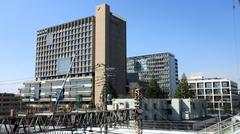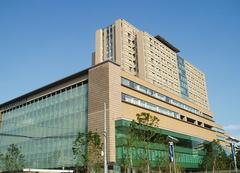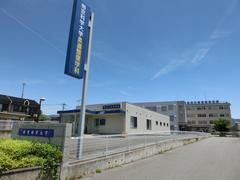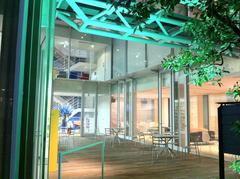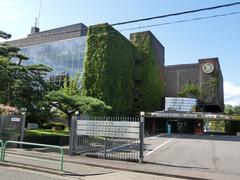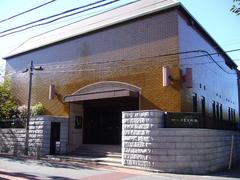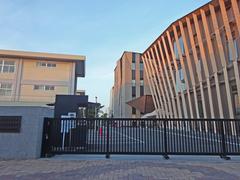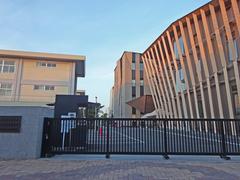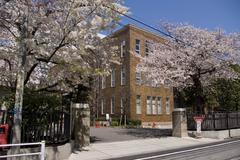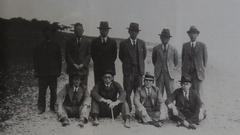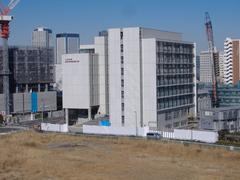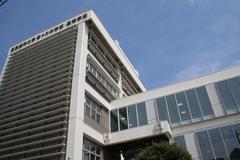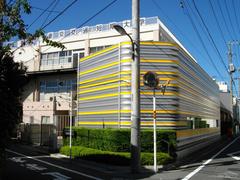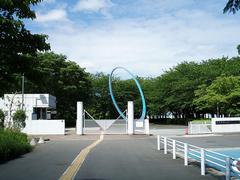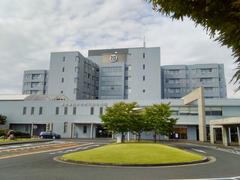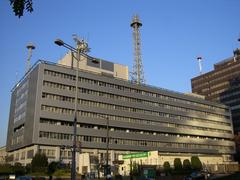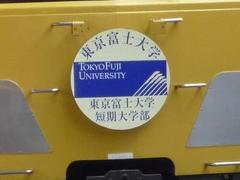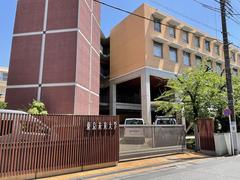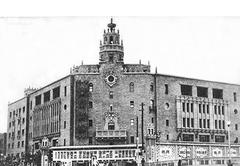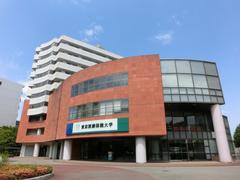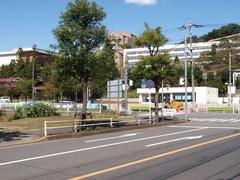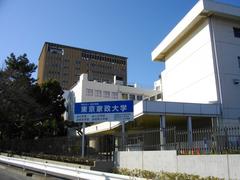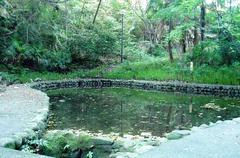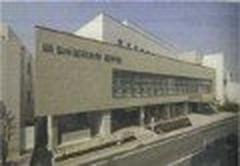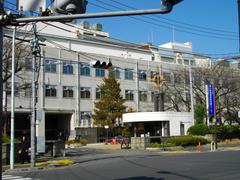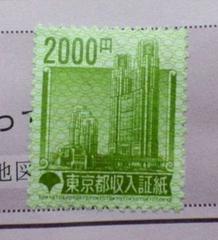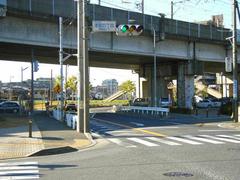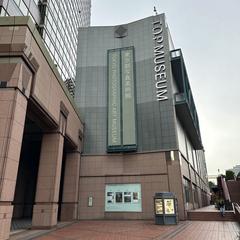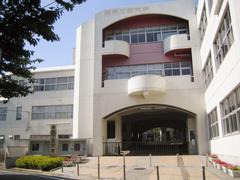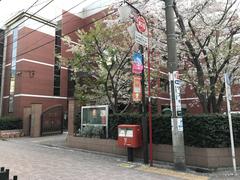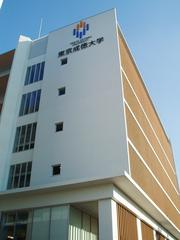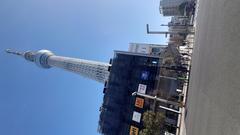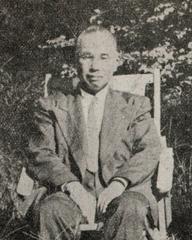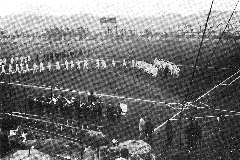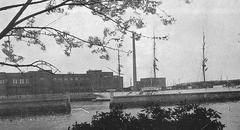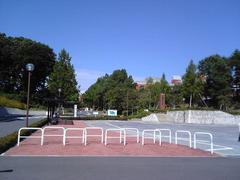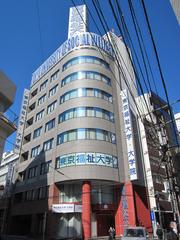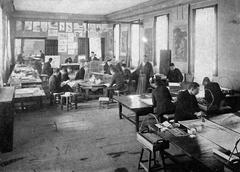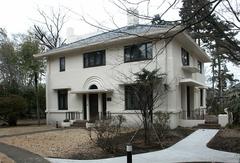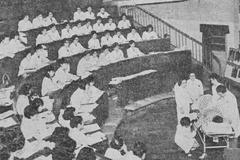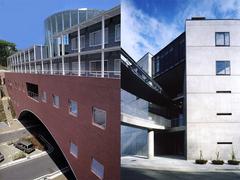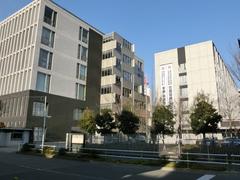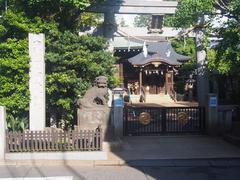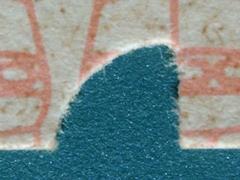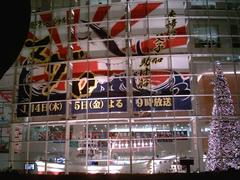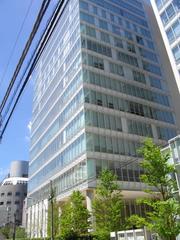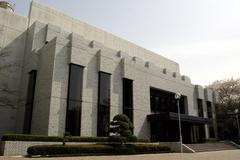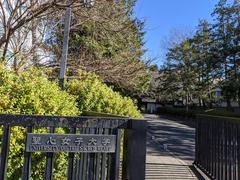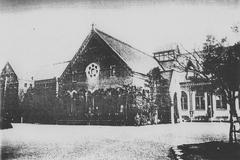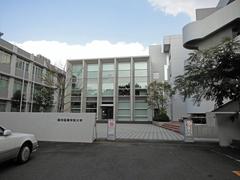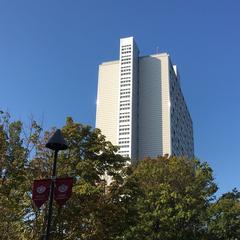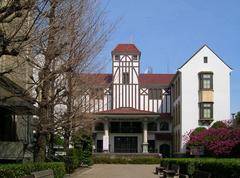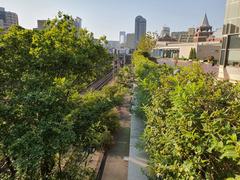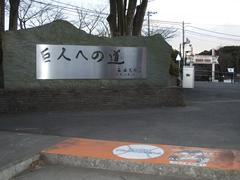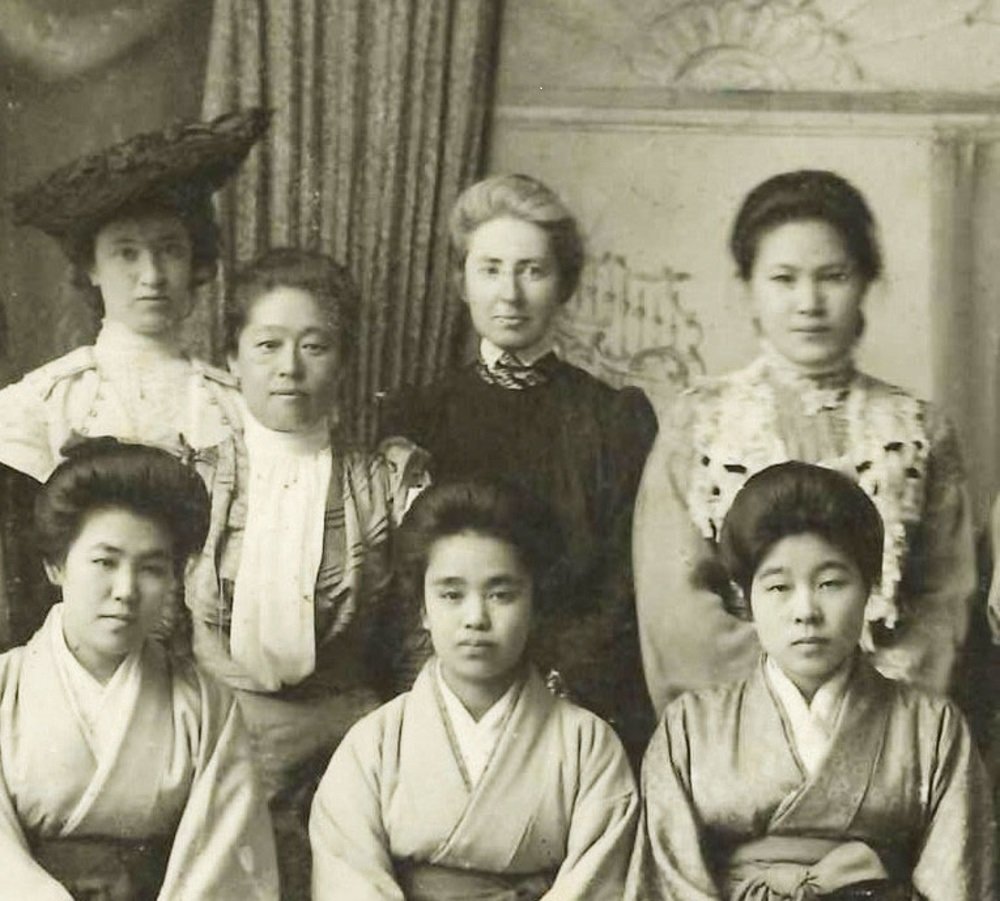
Tsuda University Visiting Guide: Tokyo, Japan – Tickets, Hours, and Tips
Date: 14/06/2025
Introduction to Tsuda University: History, Significance, and Visitor Experience
Nestled across the tranquil suburb of Kodaira and the vibrant district of Sendagaya in Tokyo, Tsuda University stands as a historic symbol of women’s education and empowerment in Japan. Founded in 1900 by Tsuda Umeko—an educational pioneer and the youngest member of the Iwakura Mission to the United States—the university has profoundly influenced higher education for women in Japan. Visitors to Tsuda University can explore the evolution of Japanese academia, appreciate the institution’s harmonious blend of historic and contemporary architecture, and immerse themselves in an environment dedicated to fostering globally minded female leaders. This guide details the university’s history, campus highlights, visiting logistics, and travel tips to ensure a well-organized and meaningful visit. For further reading, see JapanUp Magazine, Tsuda University Official, and JPSS.
Table of Contents
- Introduction
- Founding and Early Vision
- Growth, Challenges, and International Connections
- Modernization and Notable Achievements
- Campus and Visitor Information
- Visual Highlights
- Educational Philosophy and Legacy
- Visitor Tips and FAQs
- Conclusion
- References
Founding and Early Vision
Tsuda University’s roots trace back to Tsuda Umeko, who, after an eleven-year educational sojourn in the United States as part of the Iwakura Mission, returned to Japan inspired by the possibilities for women’s education (JapanUp Magazine; History of Japanese in NY). In 1900, she founded the Women’s Institute for English Studies (Joshi Eigaku Juku) in Tokyo—one of the first Japanese institutions to provide advanced, non-domestic vocational training to women, with a focus on English and liberal arts. Tsuda’s mission was to foster intellectual and personal growth through small-group, individualized instruction.
Growth, Challenges, and International Connections
The institute quickly established itself as a premier school for women’s higher education, producing alumnae who went on to shape Japanese society (JapanUp Magazine). After the devastation of the 1923 Great Kanto Earthquake, the school rebuilt with international support, notably from the Quaker network and American benefactors. In 1932, the new Kodaira campus opened, featuring the iconic Hartshorne Hall, symbolizing the school’s resilience and international ties (History of Japanese in NY).
Modernization and Notable Achievements
Renamed Tsuda University in 1948, the institution expanded its mission and academic offerings (JapanUp Magazine). Today, it is celebrated for strong liberal arts programs in English, International and Cultural Studies, Mathematics, Computer Science, and Multicultural Studies (JPSS). The university’s alumnae include leaders like Hoshino Ai, Fujita Taki, and current president Takahashi Yuko. Notably, Tsuda Umeko’s legacy is commemorated on the ¥5,000 Japanese banknote, and the university’s employment decision rate is among the highest for private universities in Japan (JapanRAR).
Campus and Visitor Information
Locations and Access
Tsuda University operates two main campuses:
- Kodaira Campus: Tsuda-machi, Kodaira, Tokyo 187-8577. Accessible via Seibu Shinjuku Line (Kodaira Station, 15-minute walk) or by bus from Kokubunji Station (Tsuda University Official; JPSS).
- Sendagaya Campus: Sendagaya, Shibuya-ku, Tokyo 151-0051. Located near JR Sendagaya Station and close to Shinjuku Gyoen and Tokyo’s city center (Edarabia).
Visiting Hours and Entry
- General Hours: Weekdays, 8:30 AM to 6:00 PM. Some facilities may have restricted access.
- Entry: No admission fee or ticket required for general campus visits. For access outside regular hours or during weekends, prior arrangement with the university is required.
- Policy: Always check the university’s website or contact the international office before your visit to confirm availability and special events.
Guided Tours and Events
- Guided tours are offered during open campus days, annual festivals, and for academic delegations. For group visits, contact the international office in advance (Tsuda University Official).
- Annual events include the Tsuda School Festival, cultural workshops, and international exchange programs.
Accessibility
Both campuses are equipped with ramps and elevators. For visitors with mobility needs, advance notice is recommended to ensure accommodations are provided.
Best Time to Visit
- Spring: Cherry blossoms and campus greenery.
- Autumn: Colorful foliage.
- June: Lush landscapes, but rainy—bring an umbrella (Go Tokyo).
- Weekdays during term ensure a lively campus atmosphere.
Nearby Attractions
- Kodaira Campus: Edo-Tokyo Open Air Architectural Museum, Koganei Park, Kodaira Forest Park, and local art museums.
- Sendagaya Campus: Shinjuku Gyoen National Garden, Meiji Jingu Shrine, Yoyogi Park, and vibrant districts like Shibuya and Harajuku (JW Web Magazine).
Visual Highlights
The Kodaira campus features the historic Hartshorne Hall, modern academic buildings, and tranquil green spaces. The Sendagaya campus provides an urban academic experience with easy access to Tokyo’s cultural sites. Explore virtual tours and campus images via the university’s official website.
Educational Philosophy and Legacy
Tsuda University’s motto, “Empowering Women to Make a Difference,” reflects its enduring commitment to liberal arts, critical thinking, and global citizenship (Tsuda University Official). Its alumnae network shapes leadership in academia, government, and business, making the university a beacon for gender equality and educational excellence.
Visitor Tips and FAQs
Practical Tips
- Language: Most signage is in Japanese, but English support is available through the international office.
- Dining: Campus cafeterias welcome visitors during open events; nearby cafés are plentiful around Sendagaya.
- Photography: Outdoor photography is allowed; ask permission before photographing individuals or inside buildings.
- Wi-Fi: Guest Wi-Fi may be available upon request.
- Transportation: Public transport is recommended as parking is limited.
Frequently Asked Questions
Q: Are entrance tickets required?
A: No, campus visits are free.
Q: When are guided tours available?
A: Primarily during open campus days, festivals, or by prior arrangement for groups.
Q: Is the campus accessible?
A: Yes, with ramps and elevators; notify staff in advance for special needs.
Q: What are the best times to visit?
A: Spring and autumn for natural beauty, and during university events for cultural engagement.
Q: What nearby attractions can I visit?
A: Edo-Tokyo Open Air Architectural Museum, Koganei Park, Shinjuku Gyoen, Meiji Jingu Shrine, and more.
Conclusion
A visit to Tsuda University is both an educational and cultural journey—combining a rich legacy of women’s empowerment with the vibrant landscapes of Tokyo. Whether you’re interested in academic history, serene campus strolls, or exploring nearby attractions, Tsuda University provides an inspiring atmosphere for all visitors. Check official resources for up-to-date information on visiting hours, tours, and events.
Explore further with the Audiala app, and stay connected for updates on Tokyo’s educational and historical destinations.
References
- JapanUp Magazine – Visiting Tsuda University: History, Tours, and Visitor Information in Tokyo, 2025
- History of Japanese in NY: Surviving the Storm, 2025
- Tsuda University Official Website, 2025
- Tsuda University International Exchange Page, 2025
- JPSS University Profile, 2025
- JapanRAR University Rankings, 2025
- Edarabia: Tsuda College Tokyo, 2025
- Times Higher Education: Tsuda University Profile, 2025
- Go Tokyo: June Weather and Activities, 2025
- JW Web Magazine: Tokyo in June, 2025
